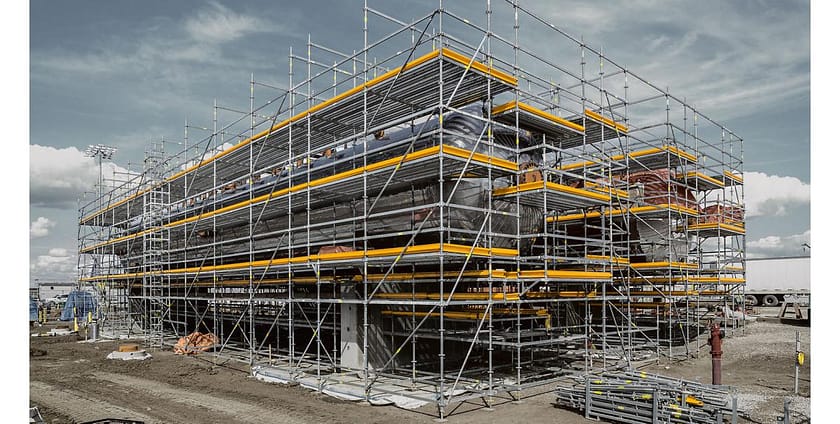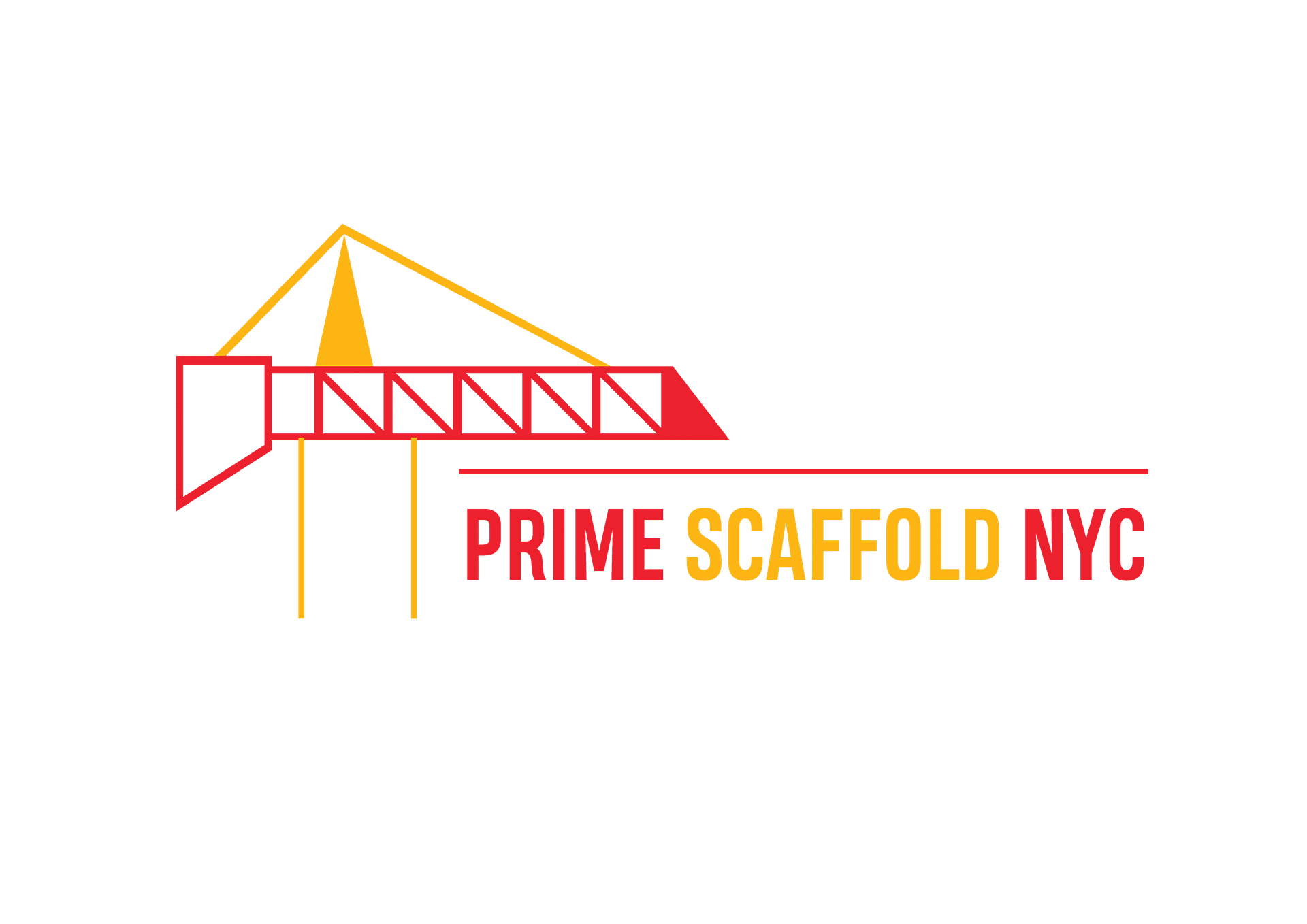
Scaffolding is the backbone of many construction, renovation, and maintenance projects. In New York — with its dense urban layout, aging buildings, strict safety codes, and frequent high-rise developments — choosing a reliable scaffolding company isn’t just about saving money. It’s about safety, compliance, scheduling, material quality, and long-term trust.
This article explores what makes a scaffolding company reliable, how to choose the right one, cost factors, regulations in New York, and an overview of some of the most trusted scaffolding companies in the city.
What Reliability Means in Scaffolding
When describing a scaffolding company as reliable, it generally means they deliver on several key factors:
- Safety and Code Compliance: Reliable companies follow OSHA standards and New York City Department of Buildings (DOB) regulations. They ensure scaffolding is properly inspected, permitted, and assembled by trained workers.
- Quality Materials and Workmanship: Strong metals, safe planks, and well-maintained equipment reduce risks and prevent costly accidents.
- Timely Service: Construction projects in New York run on tight schedules. Delays in scaffold erection or removal can hold up entire projects. A reliable company values punctuality.
- Transparent Pricing: Honest companies provide clear contracts and itemized quotes, avoiding hidden fees or surprise charges.
- Reputation and Track Record: Companies with decades of experience and strong testimonials show they can be trusted for both residential and commercial projects.
Regulations and Safety in New York
Scaffolding in New York is highly regulated due to dense foot traffic, tall buildings, and public safety concerns.
- Permits: The NYC DOB requires permits for erecting scaffolds and sidewalk sheds. These must often be renewed depending on project length.
- OSHA Standards: Federal safety standards cover design, guardrails, load capacity, fall protection, and worker training.
- Sidewalk Sheds: Since scaffolding often extends over sidewalks, pedestrian safety must be considered. Overhead protection structures are often required.
- Regular Inspections: Both DOB and private safety inspectors frequently check scaffolds to ensure compliance.
- Insurance: Reliable scaffolding companies carry liability insurance and workers’ compensation to protect clients and workers alike.
Failing to meet these standards can lead to hefty fines or project shutdowns, which is why selecting a company that prioritizes safety is essential.
Leading Scaffolding Companies in New York
New York City is home to many scaffolding providers, ranging from small specialists to large, full-service contractors. Here are some of the most trusted names:
Service Scaffold Company, Inc.
Offers scaffolding, shoring, hoisting, and engineering services. Known for its strong safety culture and ability to handle complex projects requiring custom designs.
Arsenal Scaffold Inc.
Established in the late 1990s, Arsenal specializes in pipe and system scaffolding, vertical access solutions, and hoisting. Praised for attention to detail and customer care.
Colgate Scaffolding
Based in the Bronx, Colgate provides rental services, installation, and dismantling. They have extensive experience with sidewalk bridges and large-scale projects.
Everlast Scaffolding Inc.
Recognized for quality workmanship, Everlast is popular for residential and mid-sized commercial projects. Known for responsive service and safe installations.
Skyline Scaffolding
Focused on safety and regulatory compliance, Skyline offers sidewalk sheds, scaffolding, and construction fencing. They are trusted for jobs in high-traffic areas.
Tetra Construction
Provides scaffolding, shoring, and sidewalk sheds. Their versatility makes them a good choice for both small residential and large commercial developments.
NYC Scaffolding Services
Specializes in both rental and installation, with an emphasis on safety and compliance. They are a reliable option for smaller contractors and residential projects.
How to Evaluate a Scaffolding Company
Before hiring, use this checklist to ensure you’re selecting the right partner:
Licensing and Permits : Confirm they’re licensed and capable of handling DOB paperwork.
Insurance Coverage : Ensure they carry general liability and workers’ compensation insurance.
Experience : Review past projects similar to yours. Ask for references or a portfolio.
Safety Record : Inquire about inspection procedures and staff training.
Material Quality : Check the type of scaffolding systems they use and maintenance routines.
Scheduling : Ask how quickly they can erect and dismantle scaffolds.
Transparent Contracts : Review written estimates and make sure there are no hidden costs.
Customer Service : Evaluate their responsiveness and willingness to accommodate changes.
Cost Factors in Scaffolding
Pricing can vary widely depending on the project. Here are the main factors:
- Type of Scaffolding: Suspended systems and custom designs cost more than standard supported scaffolds.
- Height and Size: Taller and wider scaffolds require more material and labor.
- Duration: Longer rentals often reduce the per-day cost but increase overall expense.
- Labor Costs: Erection and dismantling can be labor-intensive in tight New York sites.
- Permits and Inspections: City fees must be factored into the budget.
- Site Conditions: Narrow sidewalks, heavy pedestrian traffic, or difficult access can raise costs.
Pricing Models
- Fixed quotes for larger projects.
- Time and materials for smaller or changing scopes.
- Per-foot pricing for sidewalk sheds.
- Daily, weekly, or monthly rental rates.
Always request detailed quotes to avoid hidden charges such as extra inspections, overtime labor, or dismantling fees.
Challenges and How to Avoid Them
New York projects often face unique obstacles. Here’s how to prepare:
- Permit Delays: Work with a company experienced in DOB paperwork.
- Safety Violations: Choose firms with documented safety records and regular inspections.
- Weather: Plan around high winds, heavy snow, or rain that could affect scaffold stability.
- Site Limitations: Pick companies that know how to work in narrow or crowded spaces.
- Unexpected Costs: Get everything in writing and review contracts carefully.
Steps to Hiring the Right Company
- Define your project scope and timeline.
- Collect at least three detailed quotes.
- Verify licenses, insurance, and permits.
- Review portfolios and ask for client references.
- Visit an active site to see their scaffolding in use.
- Confirm the schedule, including dismantling.
- Keep communication open during the project.
Trends in the New York Scaffolding Industry
The scaffolding industry is evolving with new technologies and regulations:
- Modular Systems: Lightweight, safer, and easier to assemble.
- Digital Safety Tools: Inspections with apps and smart sensors.
- Aesthetic Pressure: Cleaner, better-designed sidewalk sheds to improve city streetscapes.
- Sustainability: More recycling of materials and eco-friendly practices.
- Stricter Enforcement: DOB is increasing fines for unsafe or unsightly scaffolding left standing too long.
Conclusion
Selecting a reliable scaffolding company in New York requires balancing safety, cost, compliance, and service. While many firms operate in the city, the most dependable ones share the same qualities: strong safety records, transparent pricing, experienced crews, and timely execution.
- By: Addaim
- 0 comment

Leave a Reply